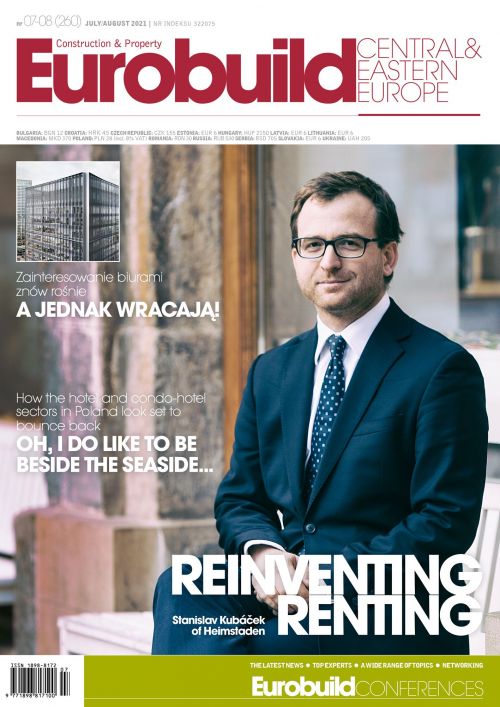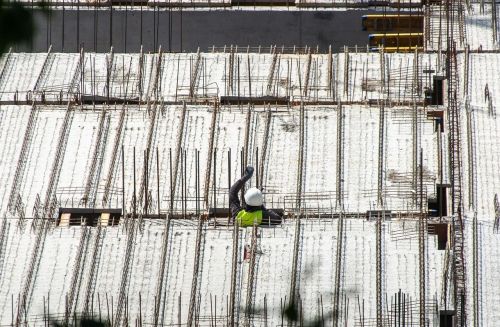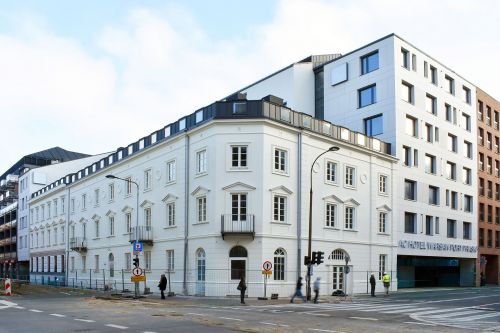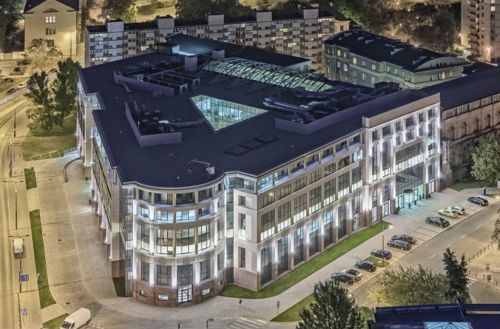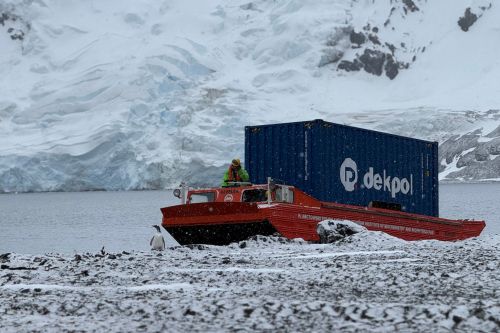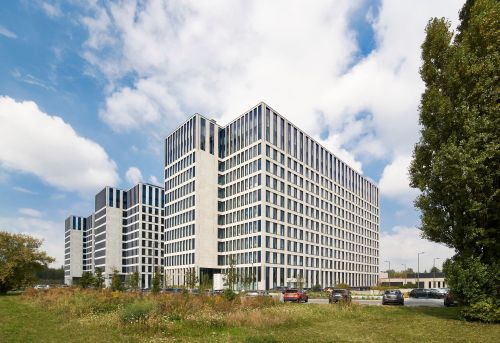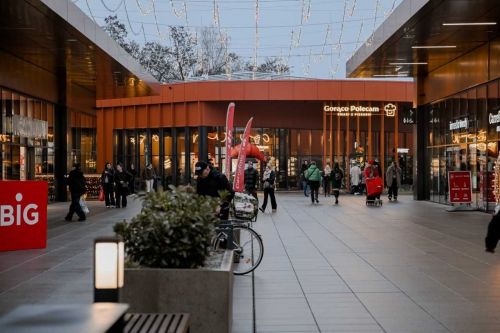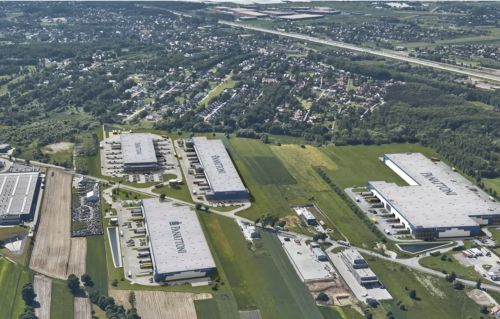My father-in-law happens to be quite a well-known Warsaw-based architect and in the 1970s was part of a team working on a modest little project now known as Ursynów district. As one of the designers, one of the privileges he had was that he and his young family were allocated one of the apartments in the district – and, as someone with an artistic profession, this to be one with two floors. It’s a nice apartment, at the top of the building. I live in it today. One oft-repeated story in the family is that construction workers during the communist era were well-known for stealing the insulation from the roofs to sell on the black market, so my father-in-law made damned sure that this wouldn’t be the case in for his particular apartment. However, just before he was about to move in, the authorities – for reasons known only to themselves – decided to give my father-in-law an apartment in a completely different building that was identical to the first, apart f






























